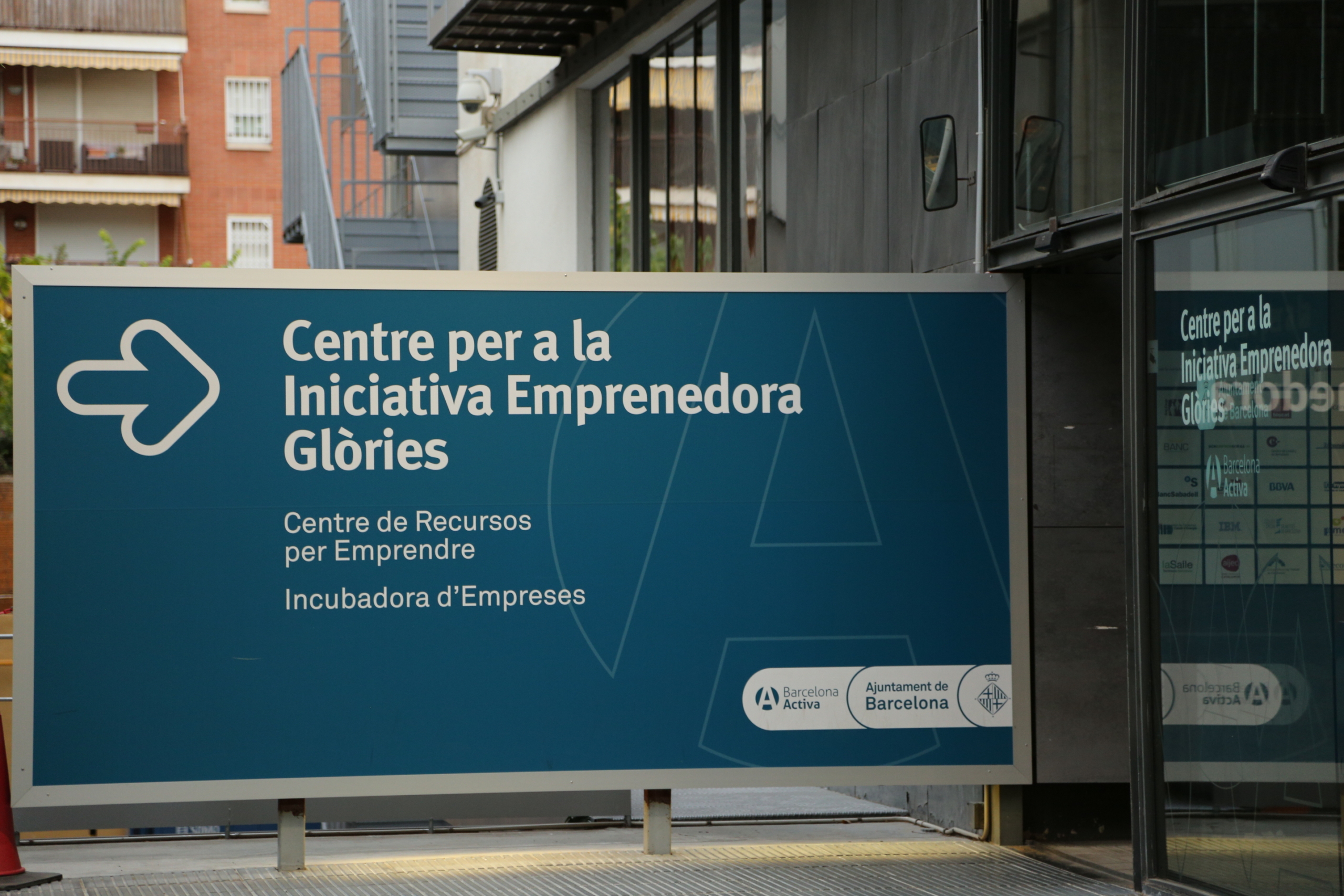Sebrae will replicate a project that combines economy with a sustainable knowledge society
[ad_1]
President Décio Lima was part of a Sebrae delegation on a technical visit to the innovative 22@ economic neighborhood in Barcelona
The process of transforming an area that, 20 years ago, was the most degraded in Barcelona, into the current 22@ district, a global hub for innovation, technology and creative economy, directs Sebrae to enhance its social technology applied to smart cities in Brazil . The agenda, which took place this Friday (10) in the Spanish country, was attended by President Décio Lima, the director of La Salle University and doctor in innovation ecosystems, Josep Piqué, and representatives from Sebrae state units, marking the last day of the technical mission to Spain.
“It was surprising to learn about this experience of the social economy and the knowledge society built by the Catalan people. A fantastic result of urban integration, intelligence, with a strong contribution from the university, economic development and social inclusion. An extraordinary example of what happened in just 20 years,”
highlighted Décio Lima. The ambitious project included investments of around 270 million euros in urban planning in the 22@ district, a 200-hectare space that currently hosts more than 8 thousand companies.
The president of Sebrae highlighted the learning process from 22@ and the possibility of adapting this model to the reality of Brazilian cities.
“The result of the public-private collaboration work was 100 thousand new technological jobs in the city and the recovery of industry for the city of the 21st century, which represents 6% of Barcelona’s Gross Domestic Product (GDP). This makes the city capable of looking to the future with hope,”
added Décio Lima.
Josep Piqué presents important points about the 22@ hub to the president of Sebrae and the delegation. Photo: Oriol Roset Brun
During the technical visit, Josep Piqué commented on “the old Catalan Manchester”. “In the face of degradation, there is hope. Hope is consolidated through the urban, economic and social transformation of the knowledge society”, he stated, highlighting the role of the University in providing talent and technology to the district, the role of companies and startups for economic growth and social inclusion that allows citizens to develop their lives in the district.
Innovation as a district
 The visit to the 22@ district began at Barcelona Activa, an economic development agency linked to the city hall, which offers training, support and network for entrepreneurs and independent professionals. The delegation was also at the MediaTIC Building, which houses the Business Services Office (OEA), with a portfolio of services for small and medium-sized Spanish companies. The Cibernárium Barcelona operates in the same location, specializing in marketing, communication, IT and business courses.
The visit to the 22@ district began at Barcelona Activa, an economic development agency linked to the city hall, which offers training, support and network for entrepreneurs and independent professionals. The delegation was also at the MediaTIC Building, which houses the Business Services Office (OEA), with a portfolio of services for small and medium-sized Spanish companies. The Cibernárium Barcelona operates in the same location, specializing in marketing, communication, IT and business courses.
The agenda was also attended by the president of the Mixed Parliamentary Front for Micro and Small Businesses, Helder Salomão; the deputy leader of the government in the Chamber of Deputies, federal deputy Ana Paula Lima; in addition to representatives of the National Deliberative Council and state units of Sebrae. Among the 22@ strategies, the delegation’s attention was drawn to the preservation of existing heritage, the creation of the landscape concept of green areas, in addition to the vision of expanding the attraction of young people, creative and cultural industries.
Indra, one of the main global consultancy and technology companies, also chose to have its headquarters in Barcelona at 22@, which was considered by the Brazilian group. The last stop on the route was at the Pompeu Fabra Public University campus, where a textile factory previously operated, with its emblematic chimney preserved as heritage. This university is a clear example of how the private and public come together in the same place.
Social technology for productive inclusion
The social technology of Entrepreneurial Territories, developed by Sebrae, aims to strengthen local leaders and promote an environment of cooperation and partnership between Brazilian municipalities. Based on previous experiences implementing the LÍDER Project – Leadership for Regional Development – methodology, Brazilian regions are being integrated into the new strategy in favor of economic and sustainable development.
The institution’s proposal is to help leaders from public management, the private sector and the third sector meet, create bonds of trust, build future projects and work to get them off the ground. The program also allows Sebrae and partner solutions to be connected with the demands listed by local leaders in the territory. “Sebrae and its partners present themselves as institutions responsive to the genuine demands of each territory, offering what will really contribute to the model of the future that was designed by them”, added Décio Lima.
*With information from Sebrae
Read more:
Nova Era Supermarket offers more than 100 spaces for seniors in Manaus
Gaza’s border with Egypt closes before Brazilians can cross
Amazonas real estate market shows considerable growth in the third quarter
[ad_2]
Source link




:strip_icc()/s02.video.glbimg.com/x720/12519489.jpg)



